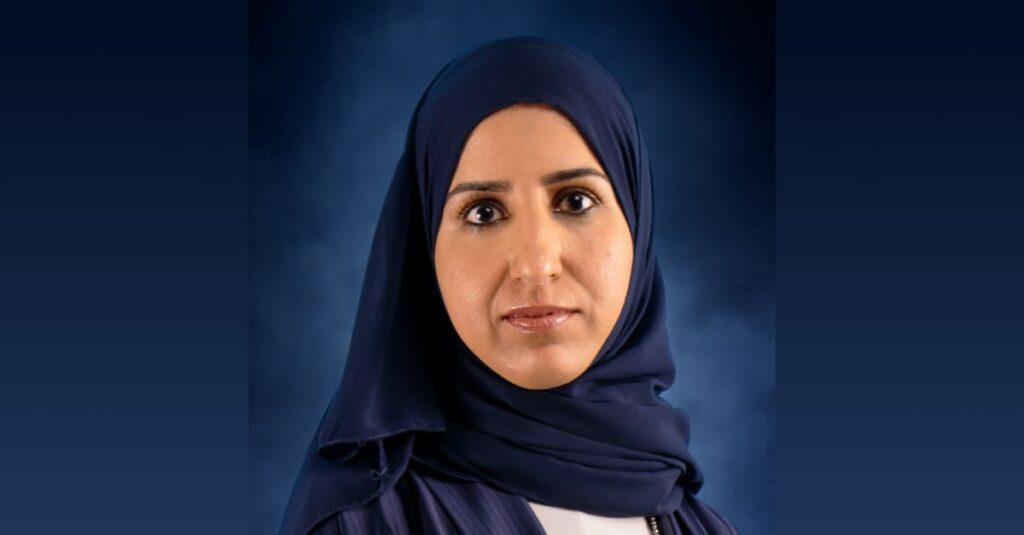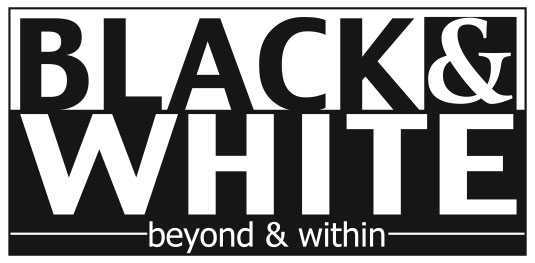
Women are now recognised not only as contributors to their families and communities but also as key players in Oman’s national development, according to ZAHRA ABDULAMIR SAIED, chief risk officer, Oman Arab Bank.
Remarkable growth
“The growth and advancement of Omani women in recent years have been remarkable, marked by achievements across education, leadership, business, and social development. The steady increase in women’s participation in higher education—where women often represent over 50 percent of university graduates—has translated into significant strides in professional and leadership roles. Women are increasingly visible in sectors traditionally dominated by men, such as engineering, law, finance, and technology,” Zahra Saied said in remarks made to Purple online, recently.
“Women in Oman occupy key positions in government, banking, education, and health, which is a testament to their role in nation-building. Figures show that women represent over 40 percent of the workforce in various sectors, including education and healthcare, and have increased representation in engineering and technology fields,” she added.
EXCERPTS:
Women’s Day generally brings forth many thoughts: women’s equality/gender parity; women’s rights and the foremost need to break the bias (against women). Here, in Oman, could we say that it is more than just celebrating womanhood; here it is celebrating the success (various types of success, not just the monetary kind) of Omani women and also the unique integration between the two genders, who are working together to achieve a better future for Oman? Your thoughts on this.
In Oman, Omani Women’s Day is a significant occasion that celebrates not only womanhood but also the remarkable strides Omani women have taken in various fields. It is a day to acknowledge how Omani women have achieved success across multiple domains—not solely in terms of monetary gain but also in areas of education, leadership, entrepreneurship, science, and social development. Today, Omani women are not only thriving in these spaces but are actively shaping them, paving the way for future generations.
For example, women in Oman occupy key positions in government, banking, education, and health, which is a testament to their role in nation-building. Figures show that women represent over 40 percent of the workforce in various sectors, including education and healthcare, and have increased representation in engineering and technology fields. Many are also setting up their own businesses and contributing to the diversification of Oman’s economy, particularly in areas aligned with Vision 2040, such as tourism and innovation.
What truly stands out in Oman is the unique collaborative dynamic between men and women. Men are also increasingly supportive of women’s progress, recognising that a balanced and diverse workforce benefit all. This integration is central to Oman’s socio-economic growth and the ambition for a sustainable future. In initiatives like Vision 2040, where innovation and human capital are key, gender diversity and mutual support play an essential role in achieving shared national goals. Omani Women’s Day, therefore, is not just about celebrating individual achievements but also about honouring the collective progress that is possible when both genders work in harmony for a better Oman.
How would you view the growth and advancement of Omani women in the last many years? What would you like to say about that?
The growth and advancement of Omani women in recent years have been remarkable, marked by achievements across education, leadership, business, and social development. Women are now recognised not only as contributors to their families and communities but also as key players in Oman’s national development. The steady increase in women’s participation in higher education—where women often represent over 50 percent of university graduates—has translated into significant strides in professional and leadership roles. Women are increasingly visible in sectors traditionally dominated by men, such as engineering, law, finance, and technology.
Her Highness Sayyida Ahad bint Abdullah Al Busaidi, has been an inspiring figure in this journey. She embodies both strength and humility, actively advocating for women’s empowerment and social development. Under her guidance, initiatives have been launched to support women’s economic independence and social well-being. For instance, her work in promoting women’s entrepreneurship aligns with national efforts to diversify the economy and encourage small- and medium-sized enterprises (SMEs), areas where women are increasingly active contributors.
Her Highness has also championed the cause of families and social cohesion, recognising that a supportive community enables women to achieve their full potential. She emphasises values such as compassion, perseverance, and dedication, all of which inspire Omani women to pursue their ambitions while balancing their roles within society. Through her example and support, Sayyida Ahad has become a role model for women across the nation, symbolising the unique strength and potential of Omani women as they continue to shape the future of Oman.
Also, with regards to the advancement, would you say that today the Omani woman is on par with any other woman of the world? If not, what more should be done?
Today, Omani women are indeed on par with women globally in many areas. Their participation in diverse fields such as business, government, science, and education reflect a level of achievement that places them alongside women in advanced economies. Omani women are excelling as leaders, entrepreneurs, and innovators, contributing significantly to Oman’s economy and society. The country’s supportive policies have made a strong impact in this regard, providing Omani women with the tools and opportunities they need to thrive professionally while balancing their personal and family roles.
One recent development—the extension of maternity leave—exemplifies Oman’s commitment to supporting women’s rights in the workforce. The longer maternity leave policy not only acknowledges the unique needs of women but also reinforces a supportive work environment that respects family commitments. Such policies encourage women to pursue their careers confidently, knowing they will have the time and support needed to balance family and work. This approach aligns with international standards, making Oman an attractive place for women to work, contribute, and grow professionally.

0 Comments